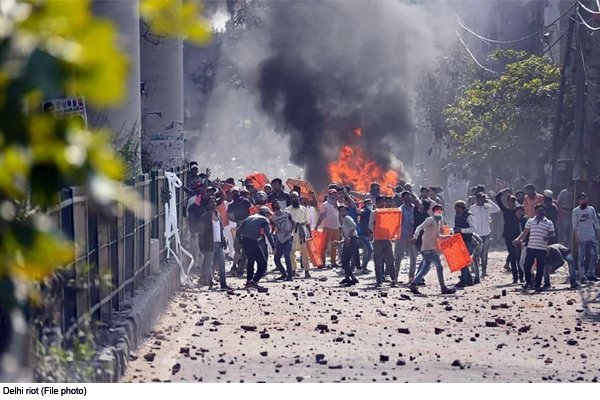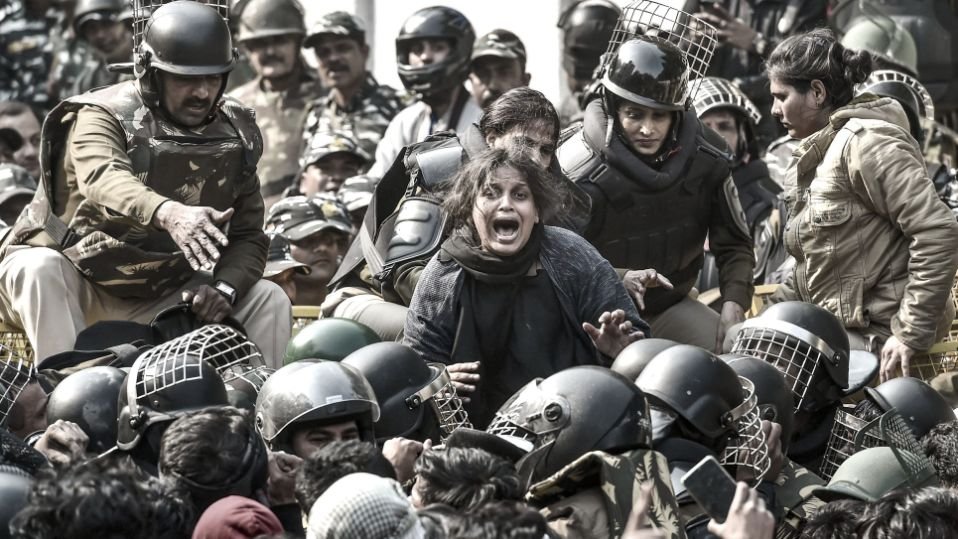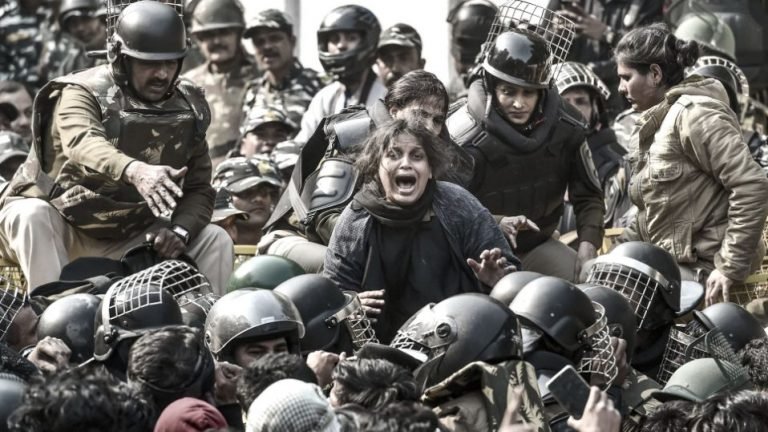While denying bail to one of the accused, the court observed that CCTV cameras were systematically cut and destroyed in the vicinity of the spot.

The Delhi High Court on Monday refused to grant bail to an accused in a case related to the 2020 northeast Delhi riots, saying there was a pre-planned and pre-planned conspiracy to disturb law and order in the city and the incidents did not take place. an impulse of the moment. Justice Subramaniam Prasad, while considering a bail plea filed by one Mohammad Ibrahim in the alleged murder of Delhi Police head constable Ratan Lal, observed that CCTV cameras were systematically cut and destroyed in the vicinity of the spot. . The incident and innumerable rioters ruthlessly descended upon a hopeless contingent of police officers with batons, batons, bats etc.
The riots that shook the country’s national capital in February 2020 apparently did not happen in an instant, and the conduct of the protesters in the video footage recorded by the prosecution clearly shows that the court said it was affecting the functioning of the government. There was a deliberate attempt to disturb as well as disrupt the normal life of the people in the city.
It added that the systematic cutting and destruction of CCTV cameras also confirms the existence of a pre-planned and pre-planned conspiracy to disturb the law and order in the city. Rejecting Ibrahim’s bail plea, the court observed that the available video footage showing the petitioner with a sword was serious and sufficient to keep him in custody.
On perusal of the material on record, the court has come to know that the petitioner has been identified in several CCTV footages, who are carrying swords and instigating the mob. The court observed that the conclusive evidence which tends to prolong the imprisonment of the petitioner is that the weapons carried by the petitioner are capable of causing grievous injuries and/or death, and that prima facie it is a dangerous Weapons, the court said.

The judge, while recognizing the importance of individual liberty in a democratic polity, clarified that individual liberty cannot be abused in such a way as to destabilize the fabric of civil society and cause injury to other individuals. Is.
Even though the petitioner cannot be seen at the crime scene, he was part of the mob as the petitioner had deliberately traveled 1.6 km away from his neighborhood with a sword that could only be used to incite violence and cause harm. , said the court.
Petitioner Ibrahim was arrested in December 2020 and is in judicial custody since then. He sought bail on the ground that he did not participate in any protests or riots at any point of time and the place in the prosecution record did not place him anywhere close to the crime scene.
The court, in a separate order, granted bail to one Salim Khan, observing that in the absence of any material to show that he was part of an unlawful assembly at the crime scene, the veracity of the charges leveled against him could be tested.

